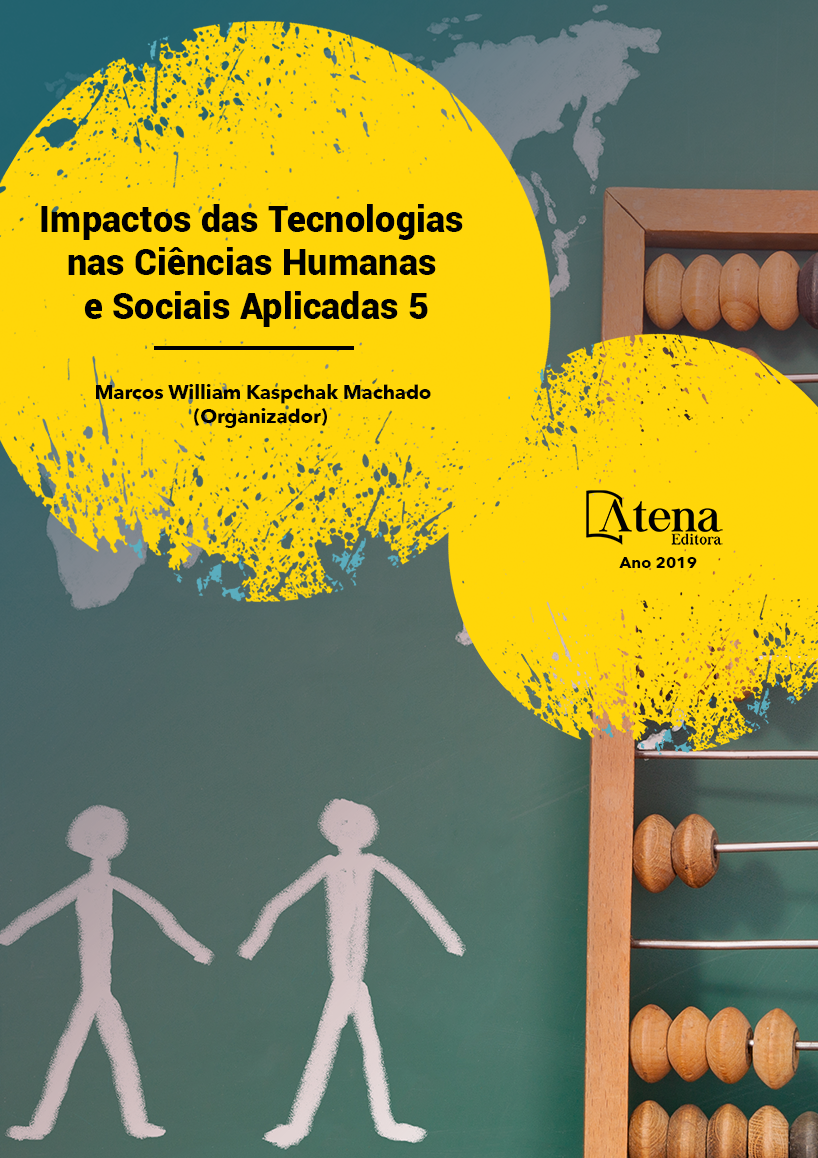
BILHETES/BEREUS COMO AGENCIAMENTO PARA COMUNICAR NECESSIDADES DE SAÚDE EM PENITENCIÁRIA, MATO GROSSO
No contexto prisional é comum
os presos usarem bilhetes (chamado,
nativamente, bereu) para se comunicar com
pessoas e equipes de diferentes setores,
entre eles o de saúde, em um esforço de que
necessidades diversas gerem demandas
e sejam atendidas. Adota-se o conceito de
agência referindo à ação e criatividade dos
sujeitos diante constrangimentos sociais,
estruturais em situações cotidianas. Como
parte de uma pesquisa qualitativa analisam-se
aqui os bilhetes quanto à sua materialidade,
funções e conteúdos em uma penitenciária de
Mato Grosso. O material empírico compõese,
centralmente, de bilhetes propriamente
que chegavam à enfermaria, foram lidos e
interpretados nas suas mensagens materiais e
imateriais. Complementarmente, consultamos
as entrevistas realizadas com profissionais de
saúde. Os resultados foram organizados em
dois tópicos: o primeiro enfoca a aparência
dos bilhetes marcados pelos seus autores e
pelas condições de sua produção e o segundo
ocupa-se dos conteúdos. Os bilhetes informam
pertencimentos e contextos e, ao atravessarem
as grades, enfrentam intermediações até
chegarem ao destinatário/profissional que pode
traduzí-los como necessidade para legitimar o
atendimento. Como traduções de necessidades
sentidas, seus conteúdos se configuram como
lembretes, solicitações, histórias mesclando
dados da situação, “diagnóstico”, sinais e
sintomas. As privações postas pelo contexto
prisional restringem a ação, mas também
capacitam e criam condições de socialidades
e agenciamentos pelos presos para agir
conforme seus projetos. O acesso dos presos
ao atendimento em saúde é perpassado por
elementos subjetivos, objetivos, relacionais,
burocráticos e simbólicos que refletem
desigualdades intra e extra-muros como
sinalizou a análise.
BILHETES/BEREUS COMO AGENCIAMENTO PARA COMUNICAR NECESSIDADES DE SAÚDE EM PENITENCIÁRIA, MATO GROSSO
-
DOI: 10.22533/at.ed.65719110317
-
Palavras-chave: agência, saúde no sistema prisional, comunicação, necessidades de saúde
-
Keywords: agency, health in the prison system, communication, health needs
-
Abstract:
In the prison context, it is common
for prisoners to use notes (called, natively,
bereu) to communicate with people and
teams from different sectors, including health
care, in an effort that diverse needs generate
demands and are met. It adopts the concept of
agency referring to the action and creativity of
the subjects facing social, structural constraints in everyday situations. As part of a
qualitative research, we analyze the notes regarding their materiality, functions and
contents in a penitentiary of Mato Grosso. The empirical material consists, centrally, of
notes properly that arrived at the infirmary, were read and interpreted in its material and
immaterial messages. In addition, we consulted the interviews with health professionals.
The results were organized in two topics: the first focuses on the appearance of the
notes marked by their authors and the conditions of their production and the second
deals with the contents. The notes inform their belongings and contexts and, when
crossing the grids, they face intermediation until they reach the recipient / professional
who can translate them as a need to legitimize the service. As translations of felt needs,
their contents are configured as reminders, requests, stories merging situation data,
“diagnosis”, signs and symptoms. The privations imposed by the prison context restrict
action, but also enable and create conditions of socialities and agency by prisoners to
act on their projects. The prisoners’ access to health care is permeated by subjective,
objective, relational, bureaucratic and symbolic elements that reflect intra and extramural
inequalities as the analysis indicated.
-
Número de páginas: 15
- Emília Carvalho Leitão Biato
- Reni Aparecida Barsaglini


